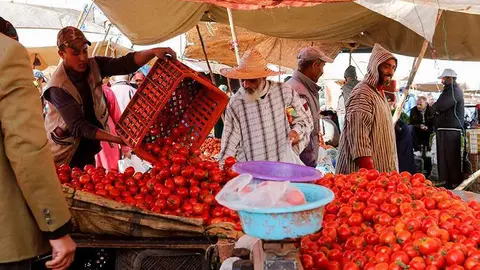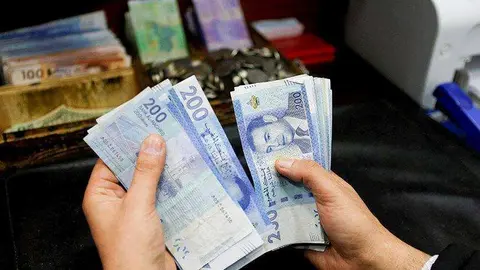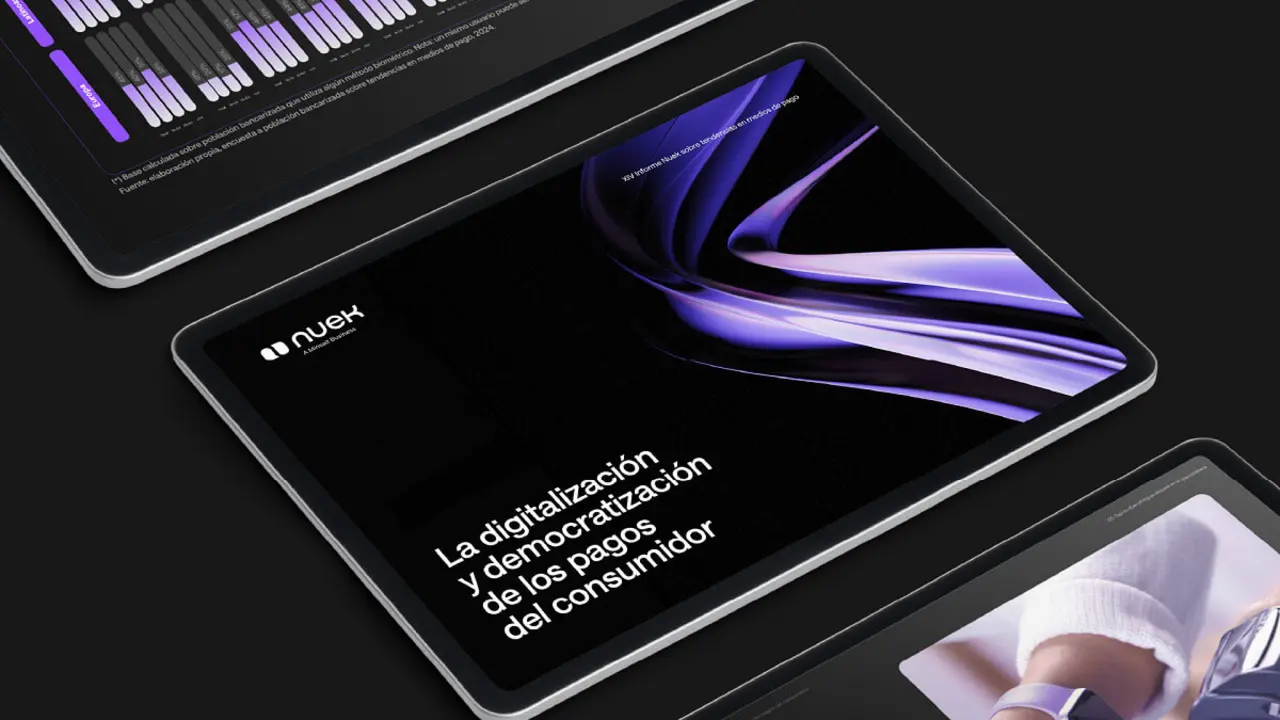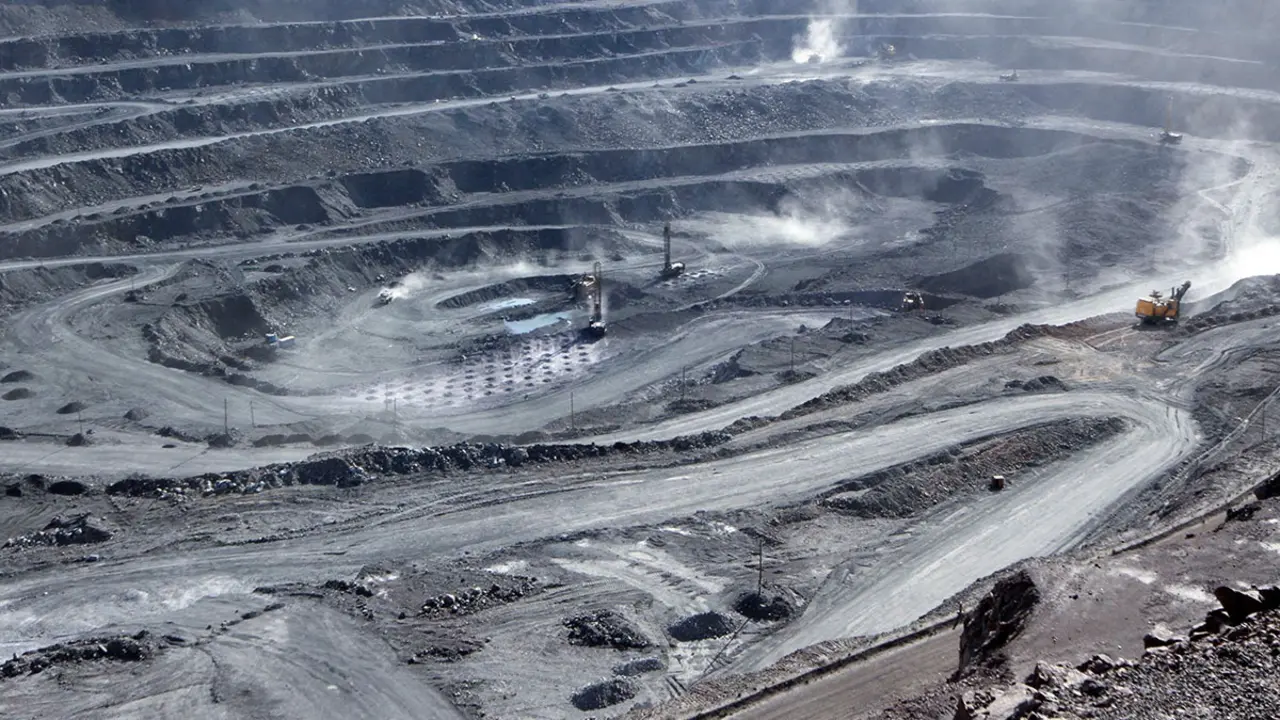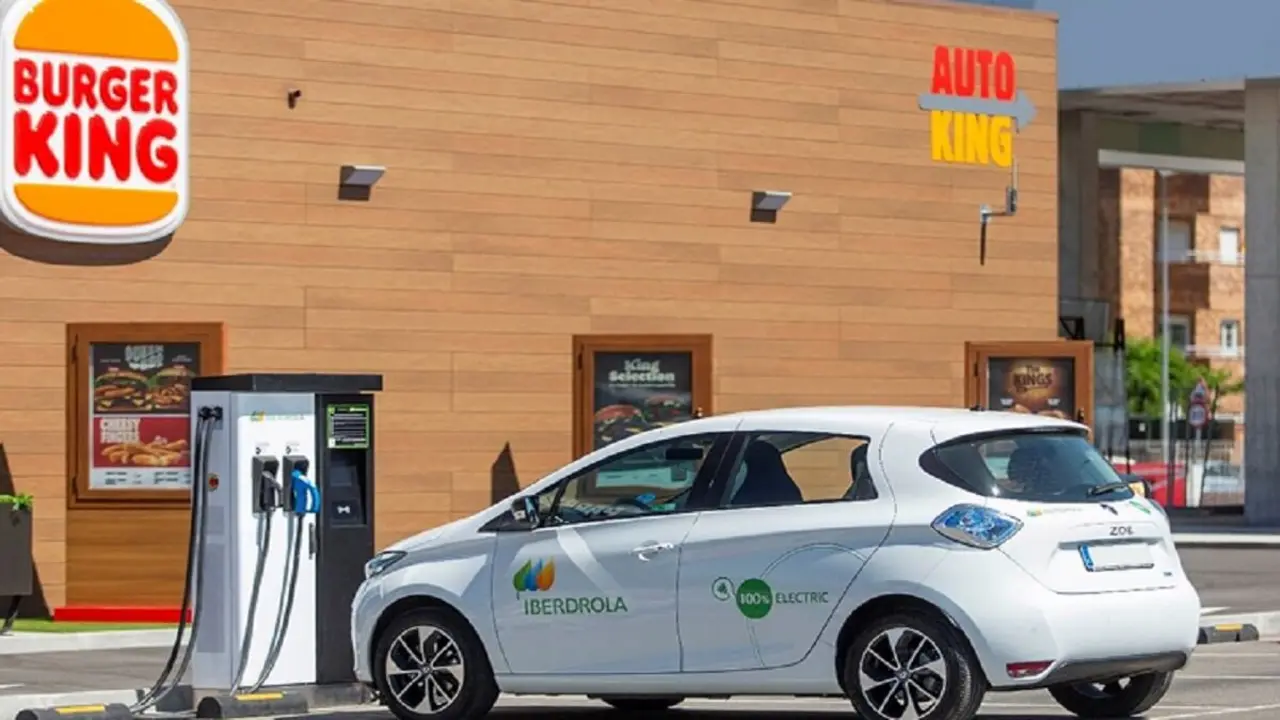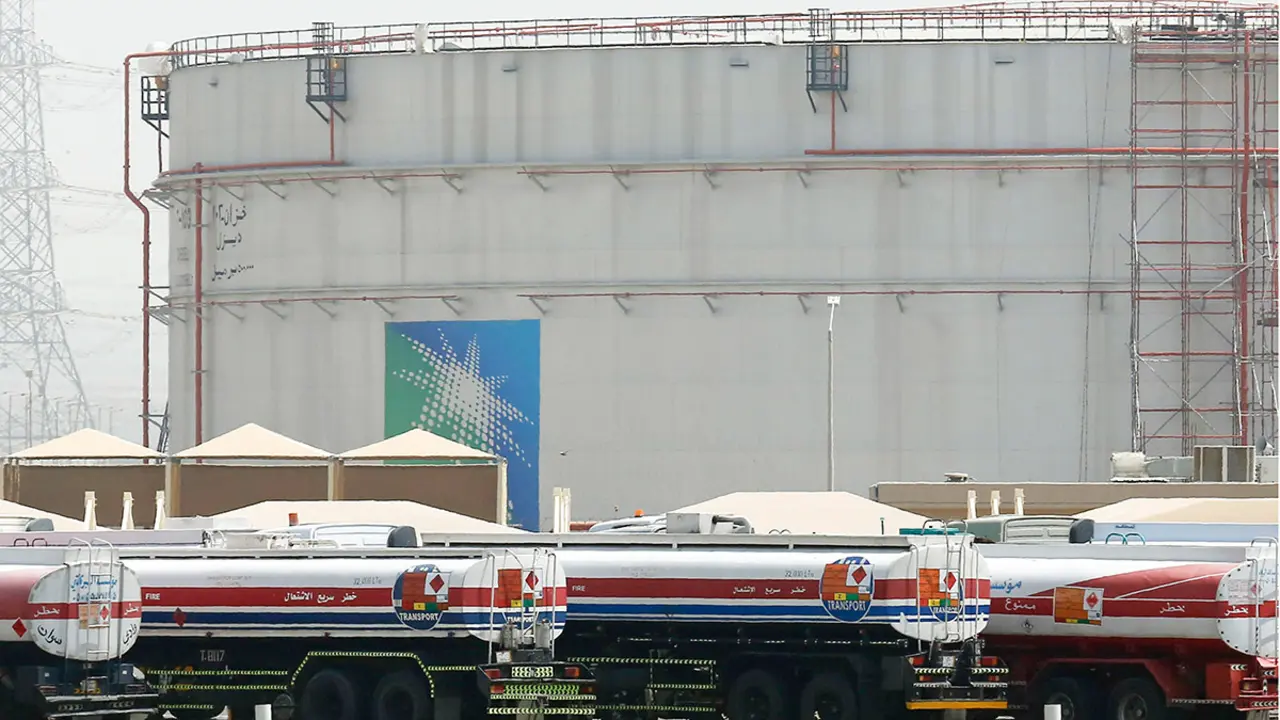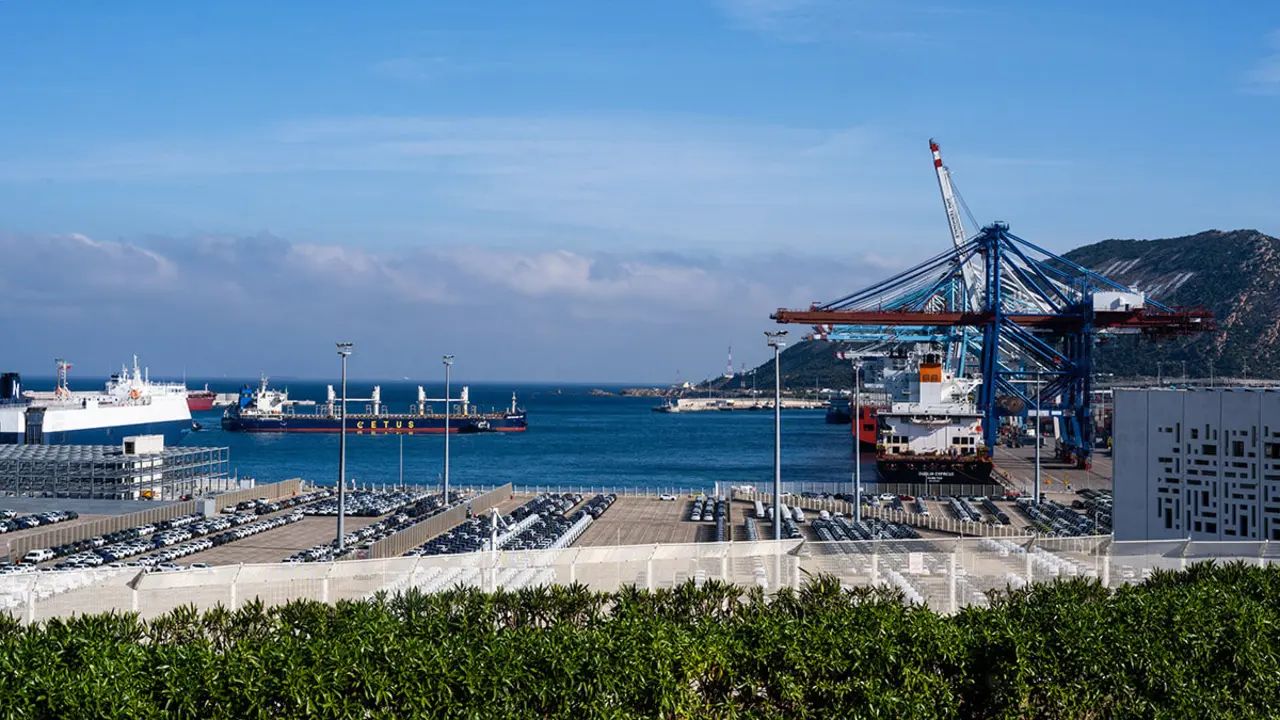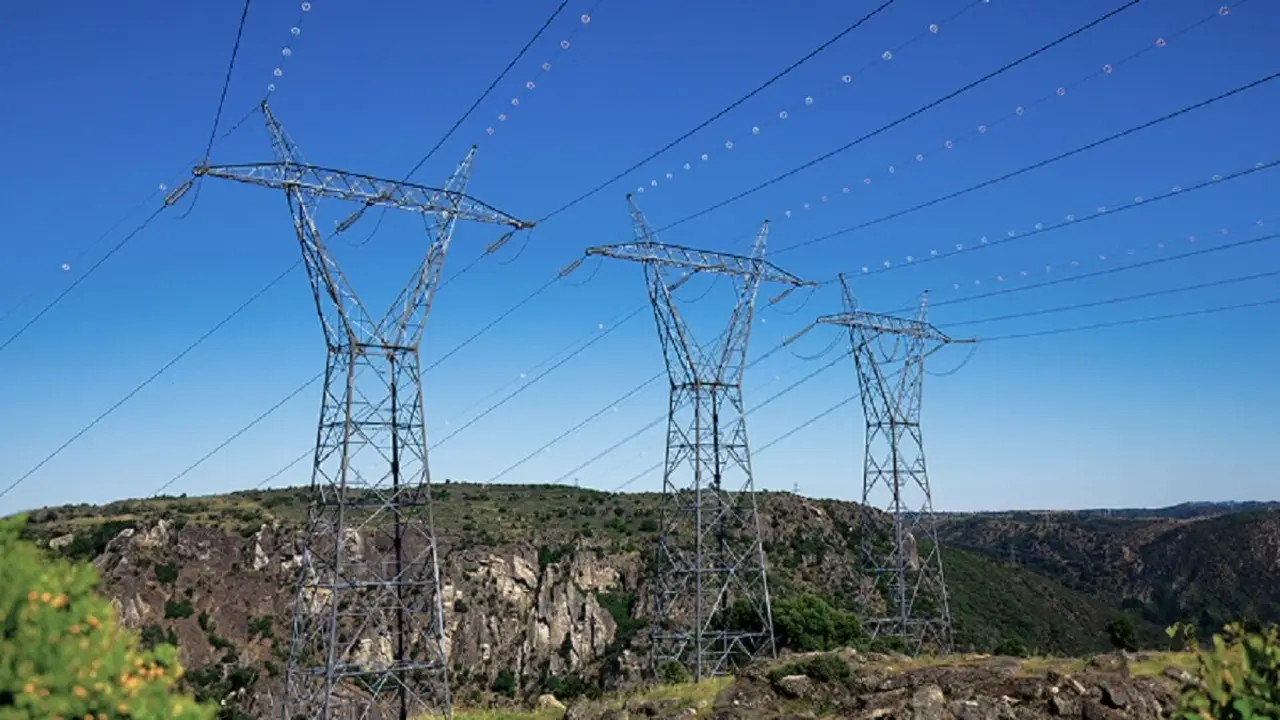Morocco's diaspora maintains economic growth in 2023
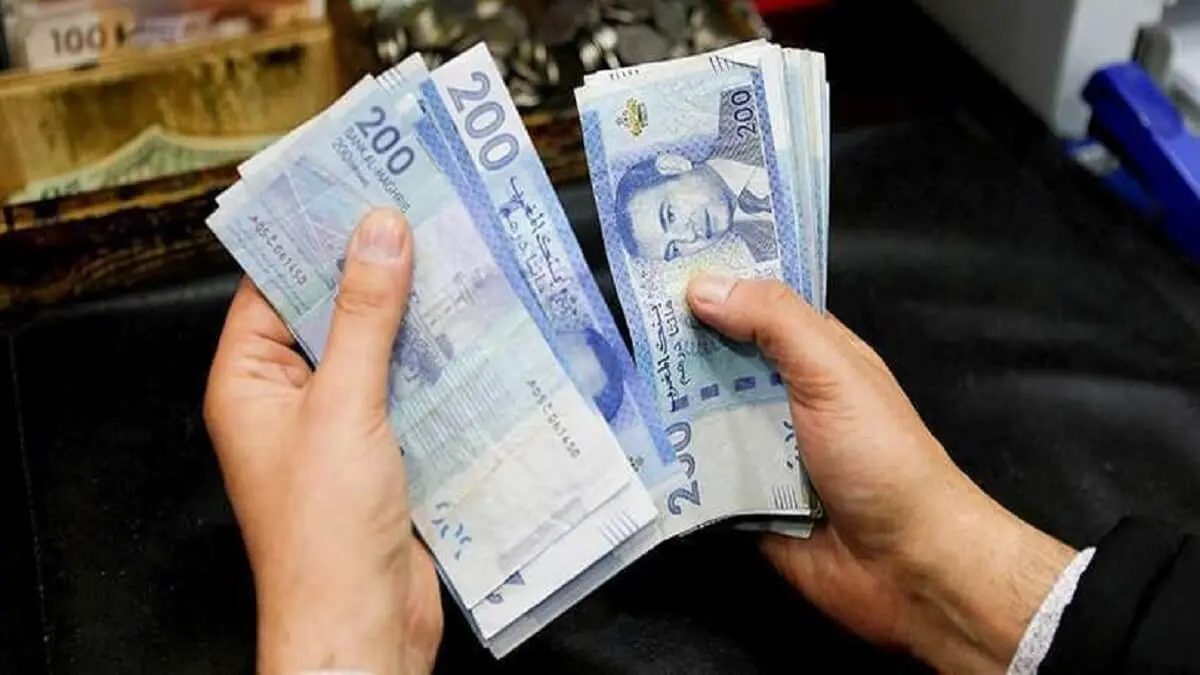
Morocco's Bureau de Change recently reported that, in the first five months of 2023, remittances from Moroccans living abroad totalled MAD 45.1 billion, the equivalent of $4.5 billion. The number shows a significant flow since the pandemic and represents an increase of 15% over the same period last year.
The migration of the Moroccan population is historically well known and spreads across all continents. This fact makes Moroccan remittances one of the Kingdom's most important assets and the diaspora one of the largest in the world.
Since the COVID-19 crisis, Morocco has increased its remittances from MAD 24.1 billion ($2.4 billion) in 2020 to MAD 37.42 billion ($3.76 billion) in 2021 and MAD 39.2 billion ($3.94 billion) in 2022. Last year, remittances from Moroccans living abroad reached a new high, amounting to MAD 109.15 billion ($10.97 billion) in 2022. This is an increase of 16.5% over the previous period.
Remittances from Moroccans living abroad are expected to grow by 3.5 per cent to MAD114.7 billion in 2023, according to Bank Al-Maghrib, the Central Bank of Morocco. It is estimated that there are more than 5 million Moroccans living abroad. The government has repeatedly stressed the importance of immigrants and their contribution to the Moroccan economy. Morocco receives some of the highest remittances in Africa, according to the 2022 Migration and Development Report 37.
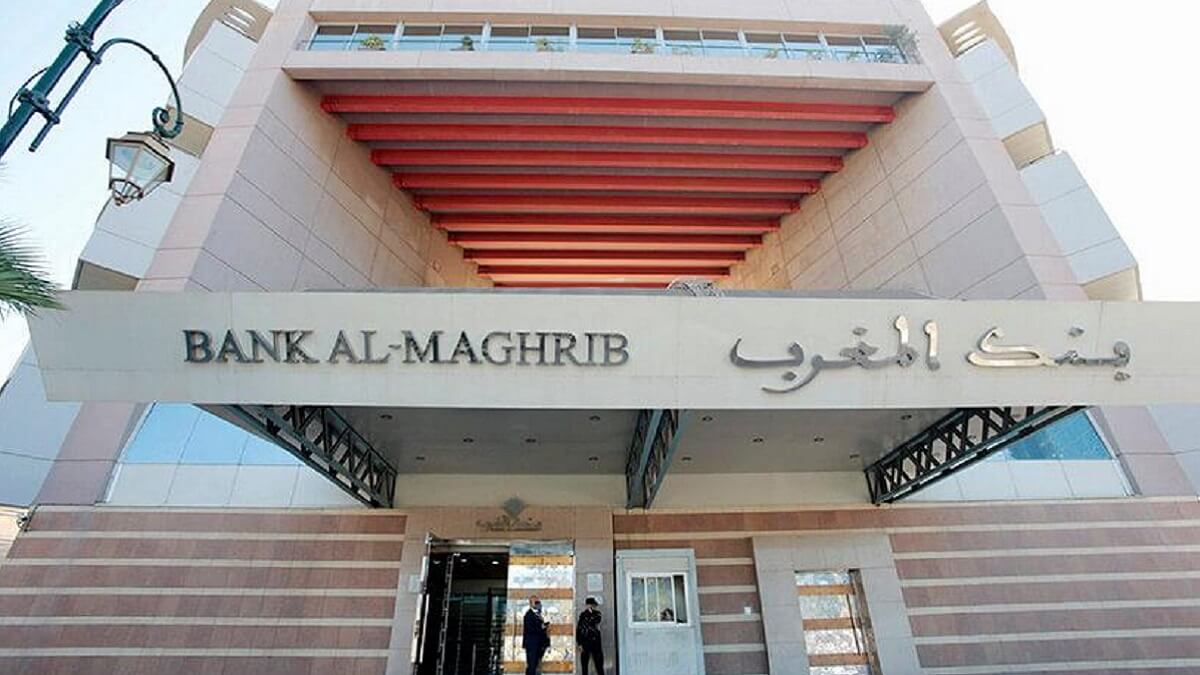
The report highlights that, although the Moroccan diaspora is one of the most powerful, it represents only 6.9% of the Kingdom's economic power, which highlights the size of the Moroccan economy in comparison with its neighbours and potential economic competitors. At the same time, the boost given by the country's private sector in 2021, the first year after the pandemic, has been the key to Rabat's commercial growth, which is expected to be dwarfed in the coming years.
Nasser Bourita, Morocco's Foreign Minister, emphasised the value of Moroccan diaspora remittances in January this year at the Rabat Forum on Reducing Remittance Costs for the African Diaspora. According to Bourita, "for every $200 transferred by a member of the African diaspora, Africa pays $16, while Asia pays less than $10.
Remittance transfers from the African diaspora are the most expensive in the world, averaging 8%, while other regions average 6%". If this growth continues, the Moroccan economy could exceed the expectations of the European Bank for Development and Recovery (EBRD), which put the country's growth at 3.1%. The investment boom in the Kingdom accompanied by Moroccan remittances could make Rabat a powerful economic player in the Maghreb region. The clearest example is the automotive industry, which so far this year has already surpassed its 2022 figures in terms of vehicle exports.
In addition to BEDR, the director of the International Monetary Fund (IMF), Kristalina Georgieva, confirmed in an interview with MapNews that the growth of the Moroccan economy is a global example of how a nation can prosper in the search for sustainable growth based on the efficient use of renewable energies.

